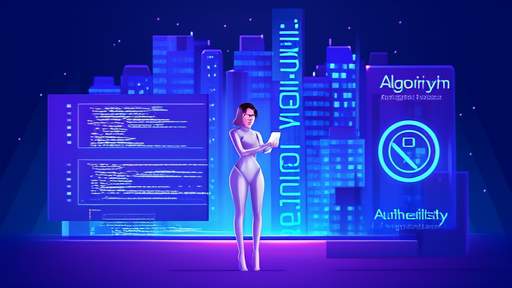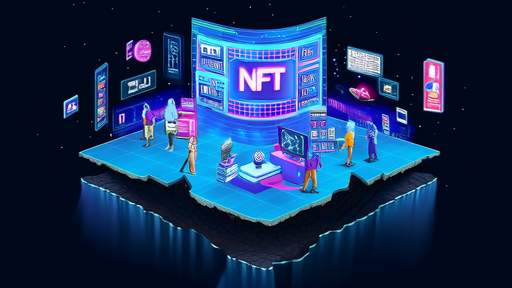The integration of blockchain technology into enterprise knowledge management systems has emerged as a transformative solution for ensuring data integrity, traceability, and security. As organizations grapple with the challenges of managing vast amounts of sensitive information, blockchain-based notarization offers a robust framework to authenticate and preserve critical knowledge assets. This approach is gaining traction across industries where trust and immutability are paramount.
At its core, blockchain provides a decentralized ledger that records transactions in a tamper-proof manner. When applied to knowledge management, this technology enables enterprises to create immutable timestamps for documents, intellectual property, and other digital assets. The cryptographic hashing mechanism ensures that once information is recorded, any subsequent alterations become immediately detectable. This feature is particularly valuable for compliance-driven sectors such as finance, healthcare, and legal services.
The implementation of blockchain notarization typically involves several key components. Smart contracts automate verification processes, while distributed nodes maintain consensus without requiring centralized authority. Enterprises are increasingly adopting hybrid models that combine private blockchains for internal knowledge repositories with public blockchain anchors for external verification. This dual-layer approach balances operational efficiency with the transparency benefits of decentralized networks.
One significant advantage of blockchain-based knowledge management lies in its ability to establish provenance. In research-intensive fields, the technology creates auditable trails that document the evolution of ideas and innovations. Pharmaceutical companies, for instance, are using blockchain to timestamp drug development research, providing defensible evidence in patent disputes. Similarly, academic institutions are exploring its potential for protecting research integrity and preventing plagiarism.
The legal implications of blockchain notarization are reshaping corporate governance frameworks. Several jurisdictions now recognize blockchain timestamps as admissible evidence in court proceedings. This legal standing transforms how enterprises approach document retention policies and evidentiary requirements. Compliance teams are reevaluating traditional notarization methods in favor of blockchain solutions that offer superior audit capabilities and reduced administrative overhead.
Despite these advantages, implementation challenges persist. The computational overhead of blockchain operations requires careful architecture design to maintain system performance. Enterprises must also navigate the evolving regulatory landscape surrounding digital notarization. Data privacy concerns, particularly under regulations like GDPR, necessitate sophisticated permissioning models that restrict access while maintaining verification capabilities.
Looking ahead, the convergence of blockchain with other emerging technologies promises to enhance knowledge management systems further. The combination of AI-driven content analysis with blockchain verification could automate quality control processes for enterprise knowledge bases. Similarly, the integration of IoT data streams with blockchain notarization creates opportunities for industrial knowledge preservation in manufacturing and logistics.
The business case for blockchain-based knowledge management continues to strengthen as use cases mature. Organizations that adopt these solutions early are positioning themselves as leaders in data governance and intellectual property protection. As the technology becomes more accessible through cloud-based platforms and enterprise-grade solutions, widespread adoption across industries appears inevitable.
Ultimately, blockchain notarization represents more than just a technological upgrade for knowledge management—it signifies a fundamental shift in how enterprises establish trust in their digital assets. By providing irrefutable evidence of authenticity and chronology, this approach addresses critical pain points in information governance while creating new opportunities for knowledge monetization and collaboration.

By /Jun 3, 2025

By /Jun 3, 2025

By /Jun 3, 2025

By /Jun 3, 2025

By /Jun 3, 2025

By /Jun 3, 2025

By /Jun 3, 2025

By /Jun 3, 2025

By /Jun 3, 2025

By /Jun 3, 2025

By /Jun 3, 2025

By /Jun 3, 2025

By /Jun 3, 2025

By /Jun 3, 2025

By /Jun 3, 2025

By /Jun 3, 2025

By /Jun 3, 2025

By /Jun 3, 2025

By /Jun 3, 2025

By /Jun 3, 2025